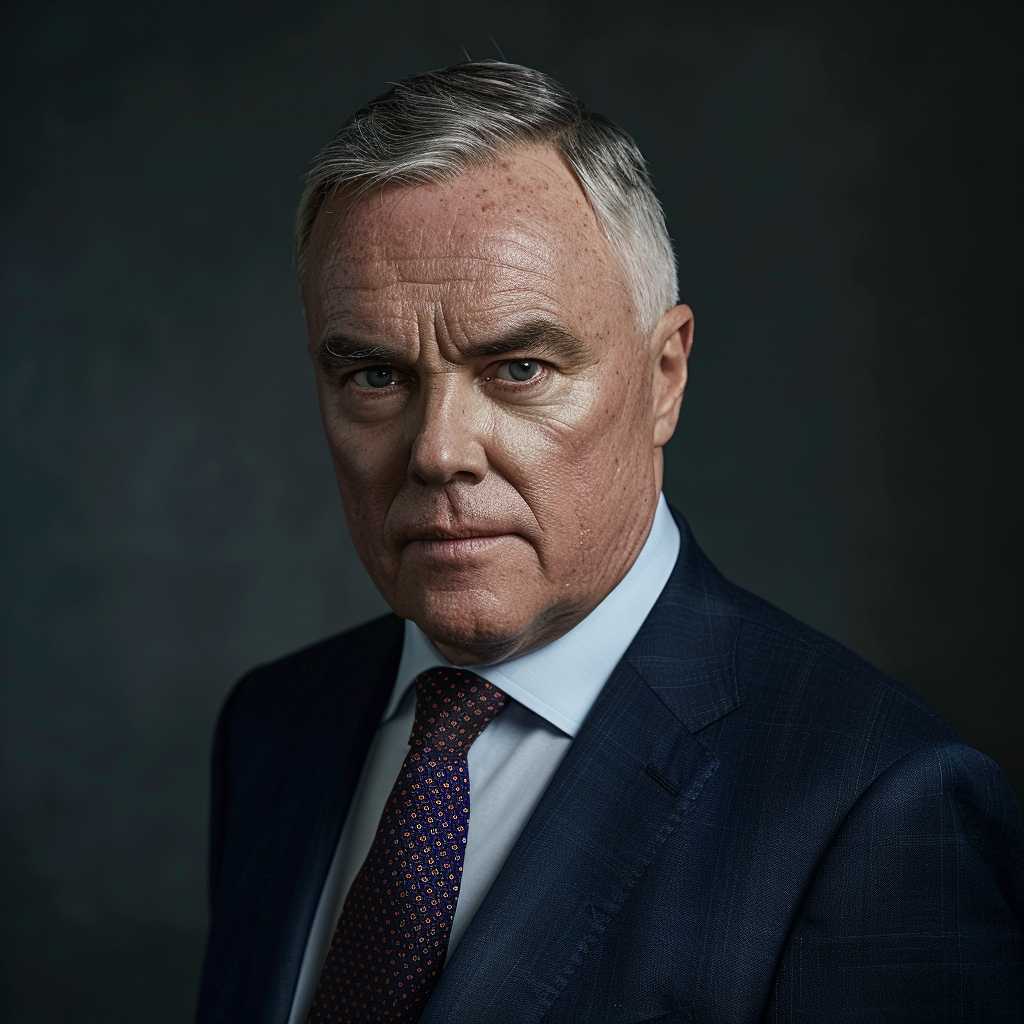Huw Edwards: A Comprehensive Profile of the Prominent Broadcaster
Huw Edwards has become a familiar face on British television as a broadcaster, notably for his work with the BBC. His professional approach and authoritative voice have made him a respected figure in the media landscape. Herein, we’ll delve into Edwards’s life, exploring his early days, career achievements, and the significant role he plays on national and international platforms.
Early Life and Education
Born on 18 August, 1961, in Bridgend, South Wales, Huw Edwards grew up with a keen interest in the world around him. Fluent in Welsh as well as English, Edwards’s linguistic skills were fostered during his education in Wales. He attended Llanelli Boys’ Grammar School and went on to graduate with a first-class honors degree in French from the University of Wales, Cardiff.
Edwards also conducted postgraduate work at the university before embarking on his journalistic career. An interesting note about Edwards’s background is that his father, Hywel Teifi Edwards was a noted historian with expertise in Welsh culture which likely influenced Huw’s own affinity for history.
Journalistic Beginnings and Rise to Prominence
Early Career Stints
Edwards’s journalistic journey began with BBC News, where he started as a news trainee in 1984. This foundational period helped him develop skills essential to his later success. In the years following his traineeship, he took on various roles within the organization.
The National Scene
As his confidence and experience grew, so did his profile. Edwards became Welsh Affairs Correspondent in 1986, and not long after became a presenter on the channel’s flagship news program ‘Newsnight’. By the 1990s, he had transitioned to national news and joined the BBC Six O’clock News as a presenter.
Prominent Roles at the BBC
Elevated Status as Lead Presenter
Huw’s status within the BBC rose steadily over time, culminating in becoming the Lead Presenter for BBC News at Ten in 2003. This position secured him as one of the most visible broadcasters in the UK. He covered a variety of critical events — from general elections and state functions to royal weddings.
Specializing in State Occasions
Beyond handling everyday news stories, Edwards became known for his work covering state occasions. His role included leading live broadcasts during events of national importance such as Remembrance Day services and state funerals.
Contributions to Public Service Broadcasting
Throughout his tenure at the BBC, Edwards has been at the forefront in advocating for public service broadcasting. His work has garnered respect from peers and audiences alike for its impact on society.
Influence and Interest Beyond News
Cultural Engagement
Huw Edwards is not limited to roles behind the news desk; he also involves himself extensively in cultural matters. His Welsh heritage remains close to his heart, manifesting through his interest in supporting Welsh music and cultural events.
Educational Outreach
Edwards offers his expertise in an academic setting by guest lecturing at universities, discussing journalism ethics, media literacy, and the changing landscape of newsgathering.
Honours and Recognition
Edwards’s contributions have not gone unnoticed. He has received several awards over the years that celebrate his proficiency and dedication to journalism. Accolades include BAFTA awards and other recognitions highlighting his skill in broadcasting.
Challenges and Adaptations
As someone positioned at the epicenter of breaking news, Huw Edwards has navigated numerous challenges throughout his career. These include shifts in media consumption patterns due to social media’s rise and ongoing debates surrounding public trust in media organizations.
The COVID-19 pandemic dramatically changed broadcasting methods and how news stories were told, requiring adaptations such as remote interviews and social distancing measures during live broadcasts—all managed successfully by veteran broadcasters like Edwards.
Leading by example, Edwards has showcased adaptability crucial to modern broadcasting while maintaining traditional journalistic values.
